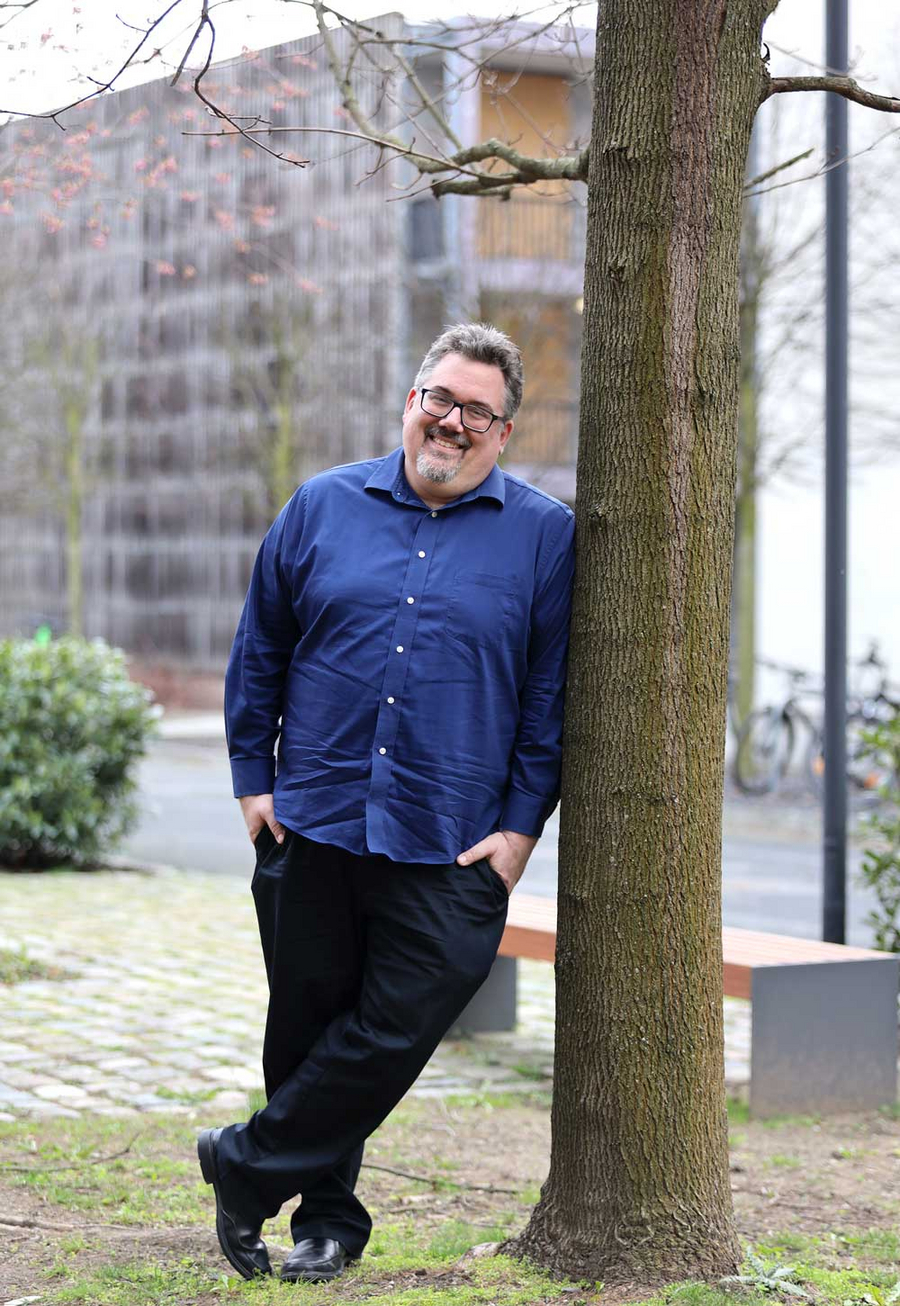
Carl Modes, © MPI-CBG/Katrin Boes
The International Human Frontier Science Program Organization (HFSPO) has announced the 2024 winners for the Research Grant applications. Carl Modes, research group leader at the Max Planck Institute of Molecular Cell Biology and Genetics (MPI-CBG) and at the Center for Systems Biology Dresden (CSBD), received the highly prestigious and competitive Program Grant Award together with two international collaborators: Chiara Sinigaglia (Centre national de la recherche scientifique (CNRS), France) and Ulyana Shimanovich (Weizmann Institute of Science, Israel). With their joint project “From nano to organismal scale: structural regulation of regenerating jellyfish,” the team of researchers addresses fundamental and unresolved questions of regenerative biology by looking at the marine jellyfish Clytia hemisphaerica. Clytia hemisphaerica boasts excellent repair capacities: wounds heal within 12 hours, and organs regenerate in a week. Program Grants are awarded to teams of two to four scientists, at any stage of their careers, who embark upon a new collaborative project.
Congratulations!
As the fundamental cellular mechanisms and tissue behaviors are shared across living organisms, the jellyfish provides a simplified platform for understanding complex regenerative processes and the emerging properties of real, living tissues. “I am very happy to be part of the HFSP community through this funding. Here in Dresden, my group and I plan to build the theoretical framework for both regenerative medicine and the properties of self-healing materials,” explains Carl Modes. “These models will be based on geometric and topological aspects of theoretical biophysics and computational biology, and we hope they will enable us to capture how different classes of injuries affect regeneration.”
For 2024, HFSP has chosen to support 34 Research Grant project teams (Program Grants and Early Career Grants) that include 108 scientists representing 23 nations. Each grant will last for three years and on average, each award is for $400,000 USD per year. For their awards, the HFSP seeks scientists who form internationally, preferably intercontinentally, collaborative teams, who have not worked together before, and who are engaging in work for which they have no preliminary data. In this regard, HFSP fosters frontier research and science diplomacy.
Congratulations to all 2024 winners!